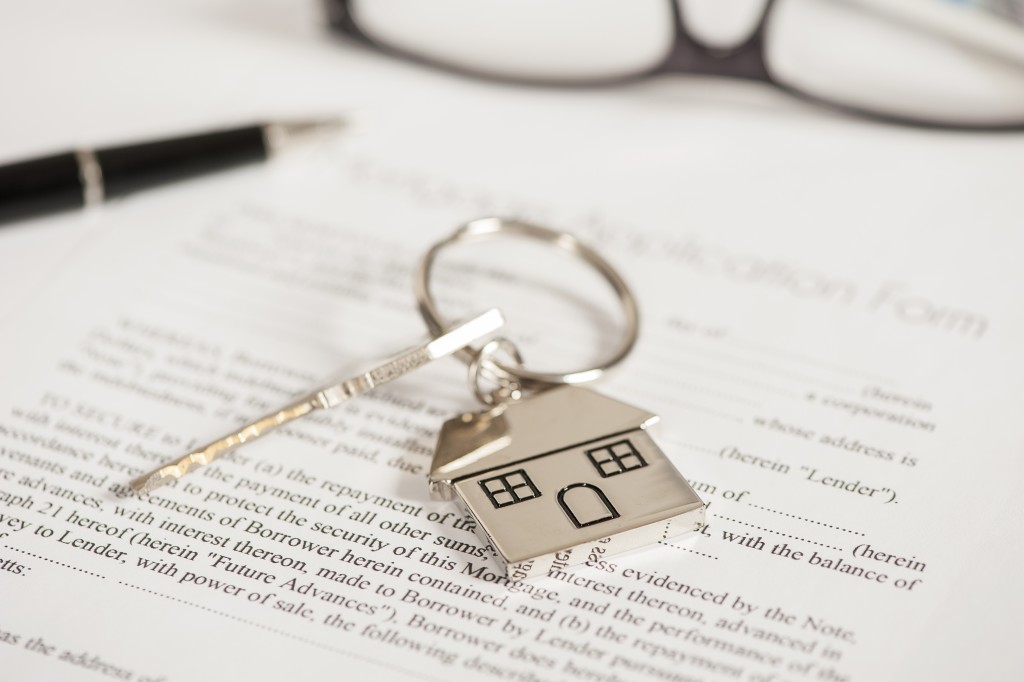The Risks of Tapping Home Equity

One of the main motivators of Queenslanders for buying new houses for sale in Townsville, Brisbane, Gold Coast or Cairns is equity. As housing demand increases, so do property prices. Land appreciation will cause your house’s value to rise over time, which you can tap for different purposes.
With enough equity, you can consolidate your debts, finance a home improvement or diversify your investment. While it is convenient to turn your house into an ATM in the future when its value grows on its own, doing so is not without challenges and downsides.
You Might Not Be Allowed to Cash Out a Lot
Most lenders are reluctant to allow equity releases. Usually, you will need to refinance your mortgage to turn home equity into cold cash you can actually spend. Not all lenders feel comfortable granting such a request, for it renews the loan with higher principal and possibly lower interest.
Of course, you can borrow against your home equity instead. However, do not expect a lender to loan you 100% of the equity that has been built upon your property.
Generally, you are only allowed to borrow 80% of your house’s value minus the amount you still owe on it. In other words, you will be asked to retain the remaining 20%. If the funds you can tap are not that big, a home equity loan might not be worth the trouble.
You Might Pay Lenders Mortgage Insurance
In some occasions, though, a lender might agree to raise the number to 90%. If you agree to this, you will be required to pay for LMI premiums until your loan-to-value ratio reaches an acceptable level, which is typically below 80%.
LMI is an undesirable billing item that has no use for you except for qualifying for certain secured loans. This type of insurance protects the lender from a possible loss in case of default.
If you are planning to convert more home equity than what is considered normal into liquid money, do the math. In addition to the interest, pay attention to the total LMI premiums you will have to pay until the insurance is canceled.
You Risk Facing Foreclosure
The practical purpose of home equity is really to give you a cushion against land depreciation. The more it is you have, the less vulnerable you are to market forces.
When local property prices drop, you might not gain any profit from your house upon its sale should you let it go. If you could no longer maintain your mortgage repayments, selling your property might no longer be a viable option to avoid losing your home for nothing.
You Will Reset the Calendar of Your Loan

Refinancing your old mortgage just so you can tap equity can cost you more interest in the long run. In case you did not know, most of the early mortgage payments go toward the interest. If you have a 30-year loan, it can take year 17 before the principal portion of the payment to eclipse the interest one.
It is not advisable to refinance a loan halfway through the term. It only makes sense if you can really get a much lower interest rate with the new deal and no longer plan to leave your house ever.
Home equity can be a useful asset, but it can turn into a liability when used poorly. If you really must touch the value of your house to get a hold of a ton of cash, calculate the risks carefully before pulling the trigger on it.




